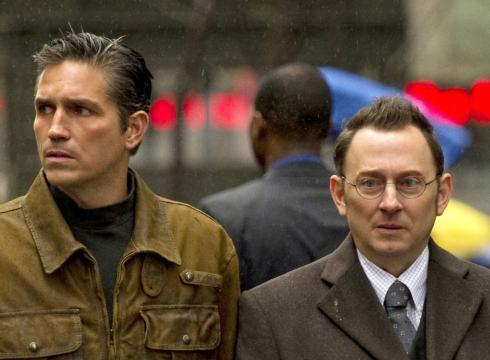Remember Ronny Zamora (below, left), the Miami teenager who shot and killed an elderly neighbor in 1977 and then ignited a national debate about television’s influence on behavior when he and his lawyer argued that he had been brainwashed by
Kojak and other violent crime series?
That case, a media sensation in its day, came to mind recently as I watched a TV-news update about the release on bail of George Zimmerman, the Florida man belatedly charged with second-degree murder in the shooting death of teenager Trayvon Martin in late February. If I were Zimmerman’s lawyer, I might consider a variation of Zamora’s TV-made-me-do-it defense.
Now, before I take this any further, a couple of disclaimers. I’m not arguing that what Zimmerman did was justified, that he deserves an acquittal or that a Zamora-style defense would work any better than it did three decades ago. Zamora was convicted of murder and spent 27 years in prison before he was paroled in 2004. But the shooting of Trayvon Martin by Zimmerman is much more complicated and confusing, at least until all the knowable facts are laid out at trial, and the cultural context, which includes a television element, is more interesting if not more persuasive.

No doubt a cornerstone of Zimmerman’s defense will be Florida’s “Stand Your Ground” law, which gives a person a limited right to defend himself or herself with deadly force from perceived serious harm. But Florida’s statute and similar laws on the books in more than half of our states are rooted in an American tradition of self-defense and vigilantism that has been celebrated, to varying degrees, by popular entertainment for more than a century.
This is especially true of late. It’s next to impossible to have watched commercial television much in recent weeks without seeing a trailer for The Avengers, the latest theatrical movie about the costumed vigilantes – those brooding, self-deputized defenders of the weak and victimized – that we commonly and casually refer to as “superheroes,” or an ad for a product whose manufacturer has paid for a tie-in with the movie.
There’s a Farmers Insurance commercial in frequent rotation that has master agent J.K. Simmons demonstrating for a laughable gaggle of Avengers wannabes the proper way to fire an explosive dart.
Target’s “Little Avengers” spot has pint-sized versions of the superhero team fantasizing about daring vigilante action against the evil Loki.
Relative to the Martin case, the most startling of these is a commercial for Dr. Pepper that depicts a group of ordinary citizens who, upon witnessing a purse-snatching, rip open their shirts to reveal T-shirts bearing slogans such as “I’m a Warrior” and “I’m a Powerhouse.” They give chase and one of them actually jumps, superhumanly, and clobbers the thief with a flying tackle. What is the message of this if not “You, too, can be an Avenger if you just show some courage and initiative”?

Images and themes of this sort are part and particle of the cultural air we breathe. Prime time’s top rated new drama of the season is CBS’s Person of Interest, a high-tech variation of its classic vigilante series, The Equalizer. Over on premium TV, the protagonist of Showtime’s Dexter is a serial killer who carves up other, less disciplined serial killers. Just the other night, I was amazed, given the hot-button status of the “Stand Your Ground” laws and the Martin killing, to see one of Ortho’s pest-killer commercials that concludes with a block-letter decree that homeowners should “DEFEND WHAT’S YOURS.”
Vigilante justice is a national fantasy – perhaps an international, human fantasy. It shouldn’t be a legal justification for killing anyone in real life, but I think we would be wise to apply some serious thought and discussion to how television and film promote and encourage it.